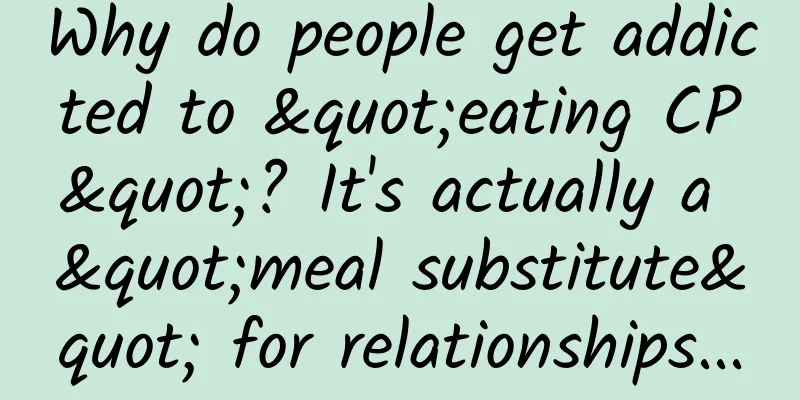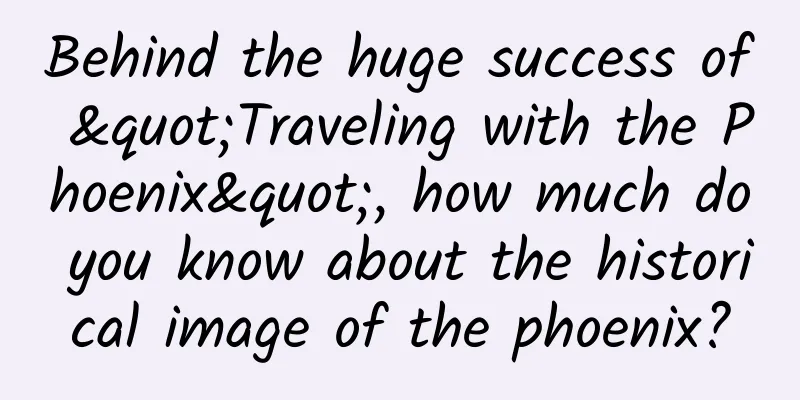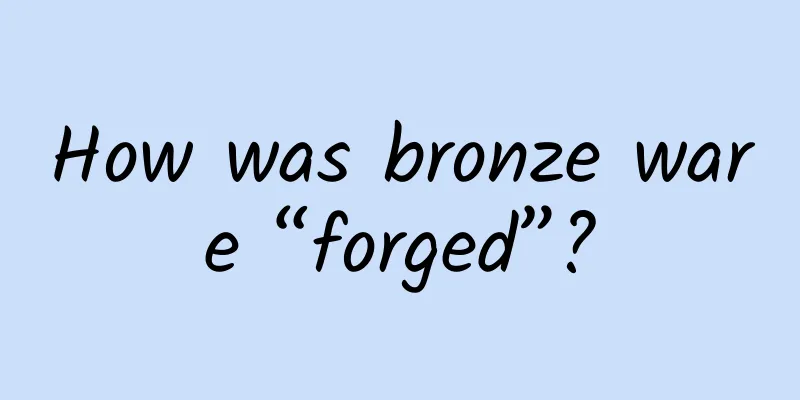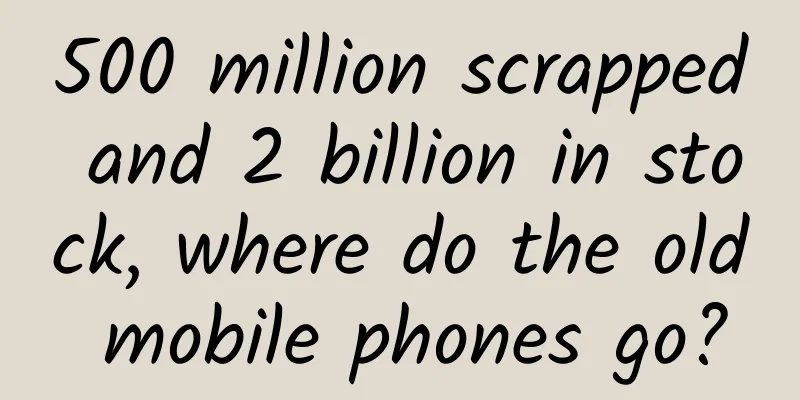Why do people get addicted to "eating CP"? It's actually a "meal substitute" for relationships...

|
Review expert: Chen Mingxin, national second-level psychological counselor, senior human resources manager CP is the abbreviation of the English word “Couple”, which means the pairing relationship between characters or roles. Nowadays, "嗑CP" as a cultural phenomenon is not only popular among young people, but has also gradually penetrated into all age groups and become an important part of people's daily entertainment life. Why are people so keen on "CP"? Vicarious gratification and emotional projection We can look at it from a psychological perspective: people's emotional projection onto fictional characters or real-life combinations is essentially a psychological compensation and neural reward mechanism, and a psychological projection of an ideal relationship. In real life, people often find it difficult to fully realize their inner expectations of ideal emotional relationships due to various factors. The self-determination theory in psychology points out that when the sense of belonging and intimacy needs in reality are not met, people will turn to controllable virtual relationship fields. Moreover, the human brain is naturally endowed with the ability of "narrative empathy". When we watch movies and TV shows or pay attention to the interactions of celebrities, mirror neurons will be activated, causing people to unconsciously put themselves into the perspective of the characters and experience their emotional ups and downs. Therefore, when people see the romantic and sincere emotions displayed by the couple in the works, they unconsciously project their own yearning for beautiful emotions into them. Moreover, the interactions between the couples are often designed as "high-emotional concentration" scenes. Such stimulation will trigger the dopamine reward system in the brain, producing a sense of pleasure similar to that of love. In addition, when people "eat candy" (CP interacts by giving out candy), the core area of the brain responsible for regulating pleasure will also release dopamine. This neurotransmitter can reinforce repetitive behavior, forming a positive feedback loop of "the more you eat, the happier you are", which is the so-called "the more you eat, the more addicted you get." Through "CP", people experience those indispensable emotions in the virtual world, such as sweet heartbeats, firm companionship, etc., and their inner expectations of emotions are met. This kind of emotional projection and satisfaction brings people pleasure and psychological comfort. Psychological research shows that emotional investment in a partner is essentially a projection of self-idealization needs - people use fictional relationships to make up for real emotional deficiencies, or experience the beauty of intimate relationships at a safe distance without having to bear the risks and responsibilities of real love. At this time, we will develop a so-called "substitute satisfaction" mentality. Social needs and belonging As "CP-cracking" gradually becomes popular, this phenomenon has evolved into a social behavior. On social media and various fan communities, people from different regions and backgrounds gather together because of their love for the same CP. They have heated discussions around CP, share their feelings and insights, and exchange relevant information and creative content. In this process, people find like-minded partners, share common interests and topics, and thus gain a strong sense of belonging, which satisfies people's social needs. The Balance of Healthy Studying When "shipping CP", one must master the correct "posture". When immersed in the virtual world, one must respect the original work, grasp the scale, and not cross the legal and moral bottom line. Moderate participation in "CP-eating" cultural activities can be a beneficial supplement to emotional life. However, it should be noted that "CP-eating" is just a form of entertainment, and we should always remind ourselves to distinguish between reality and imagination. The virtual CP world is full of beauty and romance, which can bring pleasure and touch, but we should not let it occupy our lives excessively and affect our cognition and judgment of the real world. The essence of healthy "binge learning" lies in maintaining a psychological balance. You should allow yourself to enjoy the beauty of fantasy within a limited range, but also master the principle of moderation like treating desserts. By establishing clear cognitive boundaries and building a bridge of benign interaction between the virtual and the real, CP culture can truly become the sugar that enriches the spiritual world. |
Recommend
How to increase the popularity of Tik Tok short videos? How to increase the popularity of Tik Tok
Now more and more people are playing short videos...
How should colleges and universities carry out promotion and operation?
College students have 37 million potential users,...
Why do you always smell after eating hot pot? Is it related to nitrite? Here comes the truth...
This article was reviewed by Liu Shaowei, food sa...
Qiqihar Railway University (How many points are there for Qiqihar Railway University)
There is no Railway University in Qiqihar. Even i...
What channels are used to purchase traffic for mobile games? This article tells you!
I recently spent two weeks traveling around the c...
Lose weight, reduce carbon emissions, save money! This is a good thing that kills three birds with one stone, you definitely don’t know
Do you lack motivation to lose weight? What if lo...
Newbie Science: 79 Common Terms in Marketing
You must know some basic terms about marketing or...
Lisa was sued by US stock investors and laid off 18% of her employees. Ideal's recent situation is not so "ideal".
Do you remember the Ideal MEGA incident some time...
User Activation Methodology of AARRR Model
What is the AARRR model ? The AARRR model is also...
Should the elderly get the COVID-19 vaccine? How to get it? One article explains!
Recently, the COVID-19 pandemic remains complex a...
The symbol of literary luck, in which direction is Wenchang located in 2020
I believe everyone has heard of Wenchang Star in ...
The first typhoon red alert this year! Super Typhoon Gemi is about to land, how to prepare for it?
Typhoon "Gemi" has been upgraded to the...
Yuncheng Salt Lake: A colorful "palette" that never fades for billions of years
This issue of the "Popular Science Talks abo...
An overall perspective that is essential for operations! A must-see if you want a breakthrough!
After thinking for a long time, I finally made up...
What is a nuclear submarine? How is it different from a normal submarine?
Produced by: Science Popularization China Author:...









